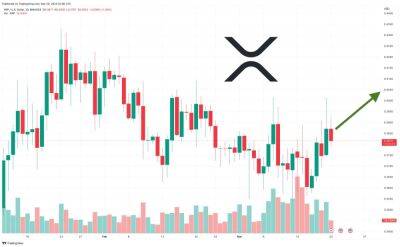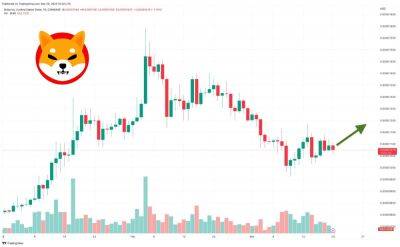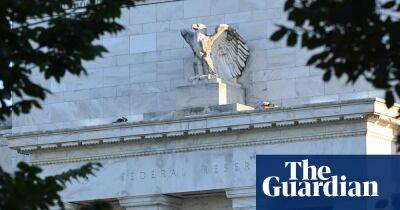Retail egg prices fell in February — but the price drop may not last long
Retail egg prices retreated in February, according to federal data issued Tuesday, delivering relief to consumers who saw prices spike at the grocery store in recent months.
Average egg prices fell almost 7% in February relative to January, according to the consumer price index, a key barometer of inflation.
A dozen large Grade A eggs cost $4.21 in February, down 13% from $4.82 in January, which was a record high, according to federal data tracked by the Federal Reserve Bank of St. Louis. The monthly decline was the first since September.
Consumer prices seem to be tracking trends in wholesale prices. Wholesale egg prices, the ones grocery stores and other retailers pay to egg suppliers,cratered in January and February.
However, retail prices are still up 55% over a year ago, according to CPI data — among the largest percentage increases of any consumer good or service.
Large Grade A eggs cost $1.93 per dozen at the beginning of 2022, on average.
More from Personal Finance: Here's the inflation breakdown for February — in one chart Experts weigh in on the banking system Wage growth is cooling, but workers still have bargaining power
That dramatic increase in egg prices, economists say, largely stems from a disease called highly pathogenic avian influenza — known as bird flu.
The disease is contagious and lethal in birds. It killed a record number, including egg-laying hens, in 2022.
In past years, the virus has typically disappeared after the spring. It reappeared in the fall last year, crimping egg production while heading into peak demand season for eggs around the winter holidays, experts said.
Lower prices now partly reflect a decline in consumer demand early in the year, which is a typical seasonal pattern, said
Read more on cnbc.com
















